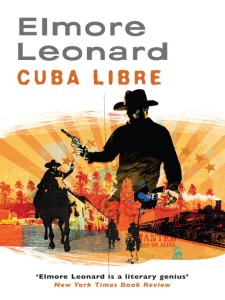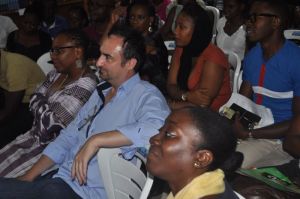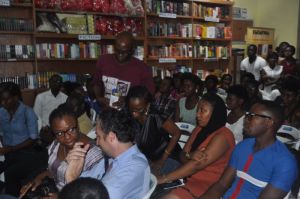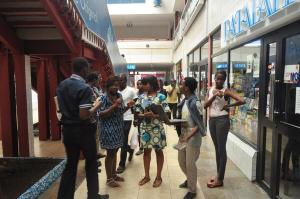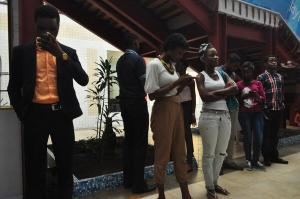 I read “Half of a Yellow Sun” for the first time in 2009, it was a book by Nigerian born author Chimamanda Ngozi Adichie, and this marked the beginning of my love affair with her writing. I was captivated by how simple yet intense the story turned out to be. Although she has quite a way of ending her stories, I have to admit that in my opinion Adichie is an exceptional writer.
I read “Half of a Yellow Sun” for the first time in 2009, it was a book by Nigerian born author Chimamanda Ngozi Adichie, and this marked the beginning of my love affair with her writing. I was captivated by how simple yet intense the story turned out to be. Although she has quite a way of ending her stories, I have to admit that in my opinion Adichie is an exceptional writer.
Any who this review isn’t about the book but the recently premiered Half of a Yellow Sun movie which I went to see with so much excitement. In my excitement I decided to read the book a few days prior so that I would be able to honestly pen down the experience.
It was my first time going to watch a Nigerian film in the cinema, so I went with an open mind. I believe I had too high expectations for I ended up being disappointed. I mean how difficult could it have been? They had a compelling story already thanks to Adichie, all they had to do was to make it into a wonderful movie.
In my opinion, it was a poor interpretation of Adichie’s book in so many ways. I don’t know where to place the fault, from the poor script to the cast. I could go on and on with reasons as to why the movie could have been better, here are a few:
1. Interpretation of the Characters: As I mentioned earlier the casting was barely there except for the actors that played Odenigbo, Ugwu and Amala. Miss Adebayo was supposed to be a loud Yoruba woman and honestly I did not see Genevieve Nnaji portray that, on the contrary I barely noticed her till she made her “drunken pass” at Odenigbo. In the book Olanna was described as an “African woman” with a “curvy, fleshy body”, they could at least have tried to get that major portrayal of Olanna right. How did Mama a village woman in the ‘60s who had never left Aba acquire her eloquent English vocabulary? Except she was really speaking Igbo and the idea was to make us hear English.
2. I dedicate my second reason to OC UKEJE…Thank you Director of Half of a Yellow Sun for casting him as a “wakapass Aniekwena” and putting his face on the theatrical poster all over the world. We Nigerians are glad and proud for casting one of us in your movie, but we wouldn’t have been the least bit slighted if you had put Ugwu on the poster instead.
3. The disco ball thing at the beginning -________________-
4. Was I the only one who did not find the movie captivating? I read the book when I was in SS3 and it got me interested in the history of the civil war. I went home to ask my mother questions after spending the whole day pretending to listen to my teachers while I secretly read the book from under my desk. If I had not read the book, I would have yawned throughout the movie. It was such a drag. The script failed to portray Olanna and Odenigbo’s relationship for what it was and the scenes of the effects of the war which could have touched our hearts was glossed over and presented in poor light.
Like somebody said after I saw the movie, the book was basically a love story where two strong personalities happened to be caught up in a war in which they had no control over, if we look at it this way their peculiar story and how the war affected it is actually more important than the events of the war itself. Maybe this accounted for my large disappointment with the movie, but that being said, in my opinion the movie didn’t even do justice to the book in that regard.
The movie ended up being a fair attempt to bring Adichie’s book to life and in the battle of movies versus books, books win this round with a huge knock out, which is almost always the case. It must have been a challenge adapting about 448 pages of literal genius into 111 viewing minutes. I encourage you to read the book if you haven’t and if you plan to see the movie, good luck.
Olanrewaju.

